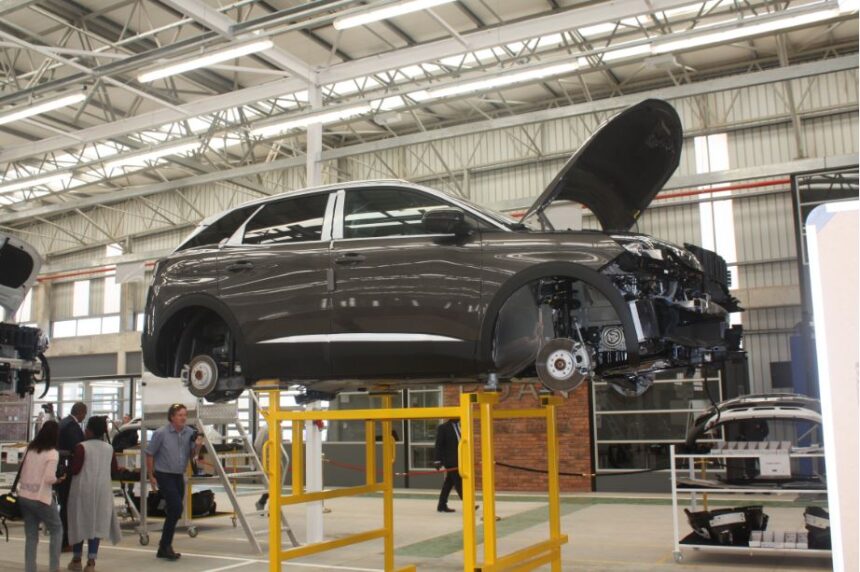Trade ministry executive director Sikongo Haihambo said the N$190-million-dollar Peugeot Opel Assembly Namibia (POAN) venture at Walvis Bay faces challenges related to the export of vehicles assembled in Namibia to South Africa (SA).
“One such barrier is the off-take agreement with Peugeot South Africa as it attracted between 18% to 25% of customs duties, which made the vehicles more expensive and unaffordable, especially for the local economy,” explained Haihambo while responding to questions from New Era.
The plant has since inception in 2018 produced 144 Peugeot and Opel vehicles, inclusive of testing vehicles.
Currently, the assembly operation has sold around 41 vehicles to date, and these vehicles were sold mainly to offices, ministries and agencies (OMAs) in the country.
Additionally, the ED stated that the sale of locally- assembled vehicles could not take off due to the absence of policy frameworks. Thus, only public institutions are exempted from several duties under the Southern African Customs Union (SACU) provisions, which include the purchasing of locally-produced vehicles.
In order to address some of these trade barriers, the ministry is in the process of finalising the automotive development master plan.
He added that the ministry has thus far acquired the manufacturing certificate with the assistance of the works ministry, which is required for the automotive industry, as well as the automotive production and development policy launched in September 2021.
The country also domesticated the SACU automotive production policy, which was approved through Cabinet. The policy provides an opportunity for Namibia to get rebates when it exports locally-manufactured vehicles to SA.
The ministry is at an advanced stage of engaging the Namibia Revenue Agency (NamRA) in order to get a lasting solution for reduced rebates for local consumption.
POAN was officially launched and unveiled by President Hage Geingob on 5 December 2018 at Walvis Bay.
Furthermore, the POAN investment agreement facilitated the joint venture contract between Groupe PSA, a French multinational automotive manufacturing company, and the Namibia Development Corporation (NDC), which has since evolved into the Namibia Industrial Development Agency (NIDA), representing an amalgamation with the former Offshore Development Corporation (ODC).
The assembly anticipated achieving a target volume of 5 000 units by 2020 to meet the SACU market demand.
“Moreover, the project seeks to bolster diversification stratagem set out in our Growth at Home strategy. Local small and medium enterprises are expected to score benefits from this investment, enabling Namibia to realise the positive externalities and spillovers from Foreign Direct Investment (FDI),” said trade ministry spokesperson Elijah Mukubonda last year.



